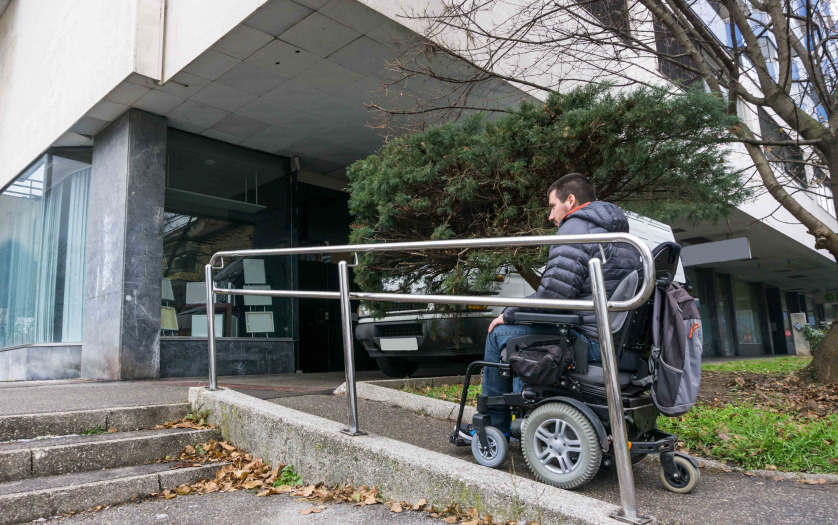
The Australian Homestay Network and support coordination agency CoAbility are working together to offer National Disability Insurance Scheme (NDIS) participants more choice when selecting short-term accommodation (STA).
The collaboration will give CoAbility the opportunity to introduce eligible participants to the unique service offered through the Disability Homestay Network (DHN), an initiative which provides standards-based, properly-managed hosted accommodation and experiences for people with disabilities across Australia.
The program includes extensive quality assurance and accountability processes, a unique participant/host matching system, insurance, and 24/7 support.
CoAbility CEO, Asia Tomczyk, said DHN is a contemporary option to a common service gap and would be welcomed by participants.
“CoAbility is an independent support coordination company that believes in innovative solutions that enable people with disabilities to live their best life.
“The Disability Homestay Network initiative has the potential to add value to people’s life experiences and we are excited to support the program.”
Ms Tomczyk said participants frequently request alternative options in the community for short-term accommodation. DHN encourages greater choice of activity and location while giving participants the ability to build meaningful connections with their hosts.
“Introducing the Disability Homestay Network program to the market allows us to offer our participants more choice, value for money and greater control on their journey to achieving their life goals,” Ms Tomczyk said.
David Bycroft, Founder of the Australian Homestay Network (AHN), said the collaboration with CoAbility is a significant move in providing additional options and addressing concerns about the availability of STA and respite.
“The 2019 Tune Report exposed thin markets and the inability to connect with suitable providers as key reasons NDIS participants may not be able to fully utilise their funding.
“AHN’s collaboration with CoAbility will give NDIS participants better wider choice of options while providing a link to an untapped network of trained and suitable hosts.
“We already have more than 6,000 hosts in key locations Australia wide who could potentially welcome people with disability into their home.
“Working with organisations like CoAbility means we can build an even more qualified host pool to facilitate positive connections within local communities,” Mr Bycroft said.








